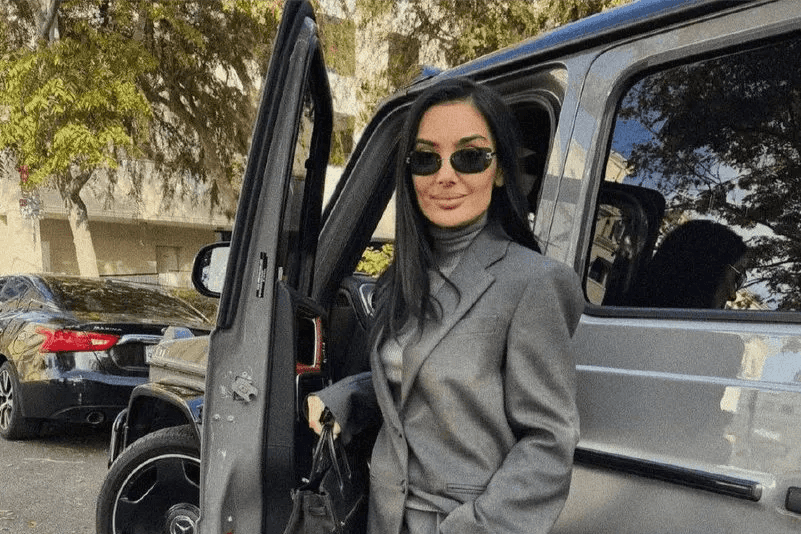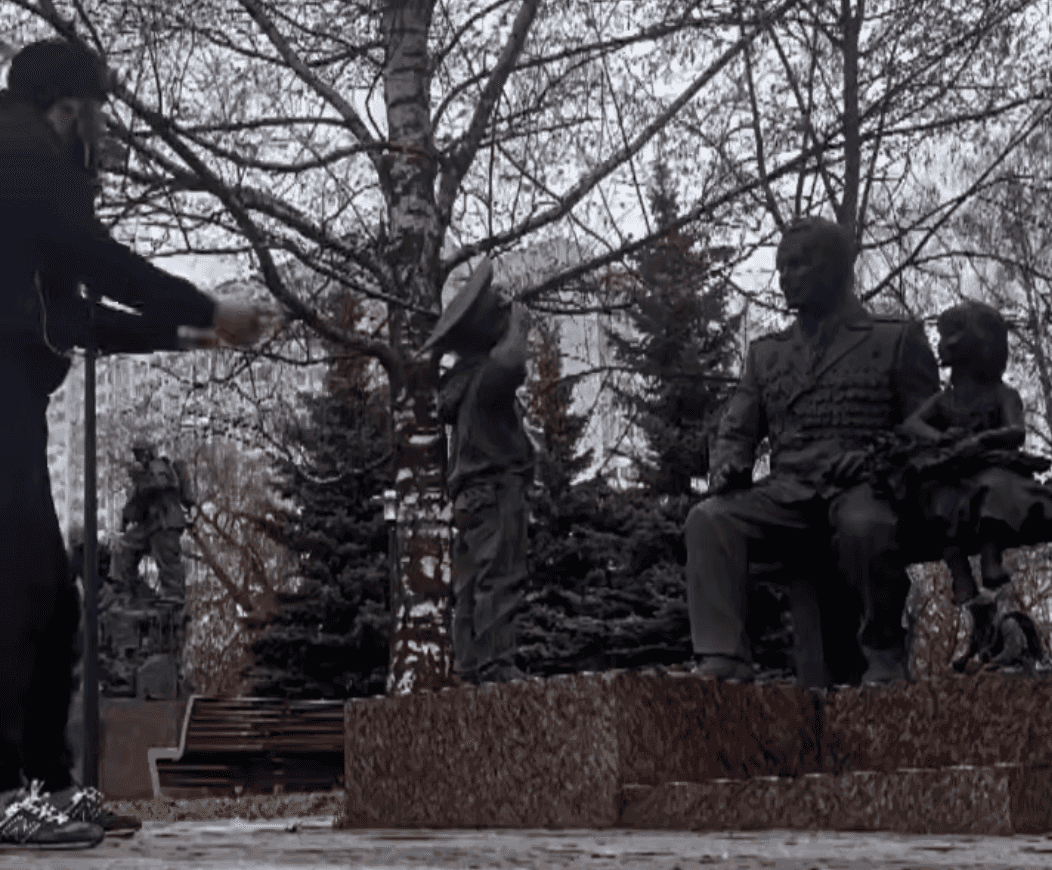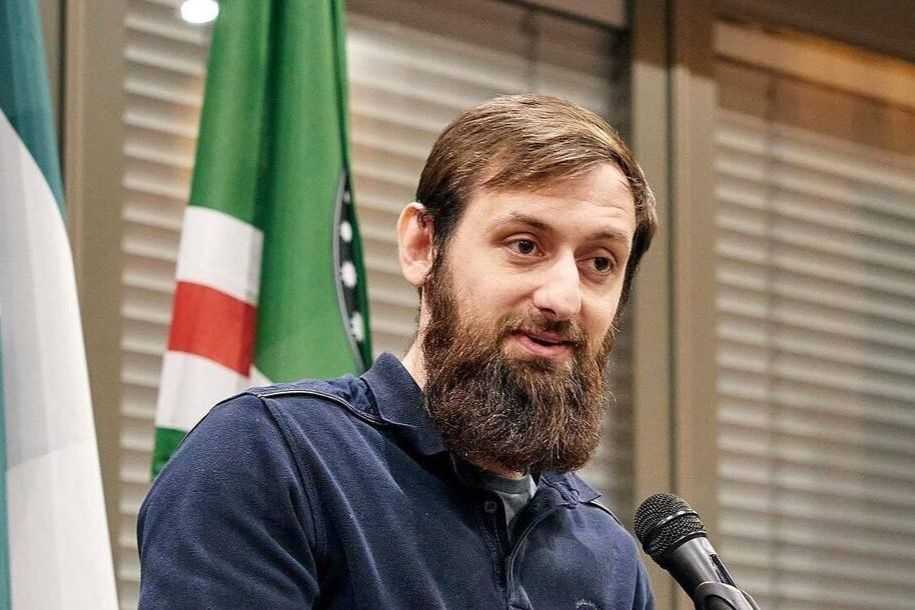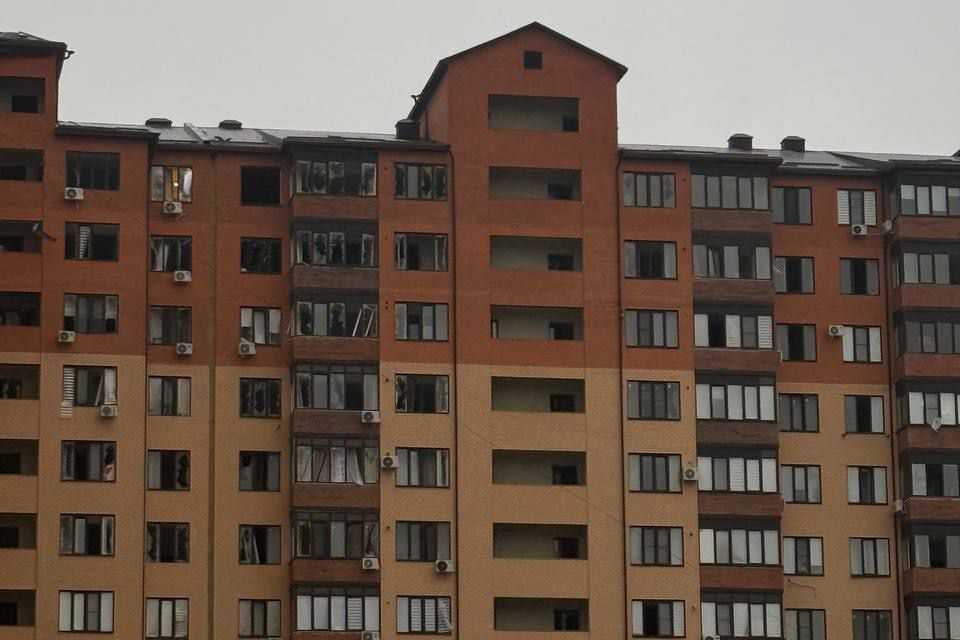
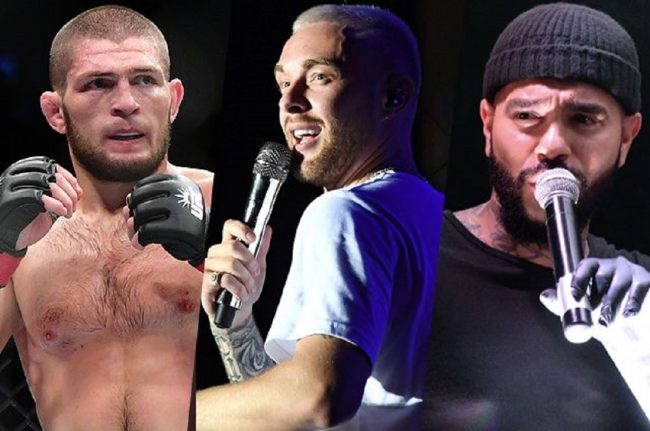
 The cancellation of a concert by rapper Egor Kreed in Daghestan over online backlash and threats has led to heated debates in local social media. A spat between Kreed and fellow rapper Timati, and Daghestani MMA fighter Khabib Nurmagomedov has put freedom of expression and religion in Daghestan into the spotlight.
The cancellation of a concert by rapper Egor Kreed in Daghestan over online backlash and threats has led to heated debates in local social media. A spat between Kreed and fellow rapper Timati, and Daghestani MMA fighter Khabib Nurmagomedov has put freedom of expression and religion in Daghestan into the spotlight.
On 7 September, Egor Kreed’s record label, Black Star announced that Kreed’s concert in the Daghestani capital Makhachkala would be cancelled despite being sold out. The label also cancelled a performance by rapper Doni in Kaspiysk — both due to online threats. The organisers said they ‘couldn’t guarantee the safety of visitors’.
The controversy began with a post on Russian social network VKontakte showing a poster advertising the concert with the caption, ‘This concert will demonstrate who doesn’t have a “man” in their home’.
Some social network users supported the message and began to harass the artist, with threats of reprisals including against concertgoers if it went ahead. Some accused the artist of violating Daghestan’s religious traditions.
Timati and Kreed defended themselves, arguing that their music did not contain calls to violence or extremism. Accoring to Life.ru, many residents of Daghestan opposed the concert because Kreed’s songs were about ‘love and relationships, easy girls, and where money is idolised’.
According to Life.ru, many residents of the region believe that Kreed is gay and therefore speak negatively about his work, saying ‘it contradicts the culture of Daghestan’.
‘A group of extremist-minded individuals’
Several days prior to the planned concert, Daghestan’s Ministry of Internal Affairs reported that the names of the people who had threatened Kreed were known to them. According to the ministry, ‘a group of extremist-minded individuals’ were trying to force concerts to be cancelled in Daghestan. Police urged residents not to follow those who called for crimes to be committed, stirred up ethnic hatred, or exploited religious issues.
On Thursday, Daghestan’s Interior Ministry informed OC Media that a native of Daghestan who had been threatening Kreed’s life had been detained in Moscow and transferred to Makhachkala.
‘Each creature will answer for its words’
Daghestani MMA fighter Khabib Nurmagomedov said the canceling of Kreed’s concert was ‘not a big loss’. Timati, a rapper and owner of Black Star, hit back on his Instagram page, saying ‘no one will tell me in my own country where I should give concerts and where not’. He accused critics of instigating interethnic and religious conflicts. In response, Nurmagomedov wrote on his own Instagram that ‘each creature will answer for its words, I’m just too busy right now’.
Last month, Nurmagomedov took to Instagram to criticise the behaviour of concert goers at a performance In daghestan by Azerbaijani hip-hop performers HammAli & Nava.
The head of Chechnya, Ramzan Kadyrov, tried to defuse the conflict on 12 September publishing a video message calling on his ‘Daghestani brothers’ to ‘live in friendship’, ‘not to be silly and not to offend each other’. Kadyrov said Nurmagomedov was ‘trying to lose weight, is nervous, and so we can understand him’. According to Kadyrov, ‘it is better that visitors come, the Caucasus and tourism should be developed’.
Osman Kadiyev, owner of Daghestani football club Anzhi, spoke out in support of Nurmagomedov. He told Match TV that he disapproved of rap concerts in Daghestan because ‘there is another culture in the republic’, and local residents ‘do not welcome people of a non-traditional orientation’.
‘He has the right to speak out, why not?’, said Kadiyev about Nurmagomedov, according to Sport24. ‘It doesn’t mean that you need to quarrel with someone or swear. Nobody is forbidden to give concerts, but Habib is against planting an alien culture in the region. Naked people on stage is not in our culture. We do not need half-naked men and foul language imposed on us from the stage’.
‘The army of commentators defeated the image of the republic’
In a video address supporting Kreed’s Makhachkala concert, one local resident, Magomed Surkhaykhanov, said the problem was a global one. ‘The army of self-righteous commentators defeated not Egor Kreed, but common sense and the positive image of the republic’.
‘No one will come to us and no investor will invest money in tourism, our fellow countrymen will not be able to get a job or rent a flat in other regions’, Surkhaykhanov said.
Journalist Aleksandr Polyakov commented on the debate on his Facebook page, saying ‘I have never seen or heard a single speech by Daghestani fighters about acute social problems’. According to him, ‘no one stands up for the weak and defenceless’, and nobody writes ‘about clowning with elections for the head of the republic, about pension reform, about mass internal migration’.
‘All necessary conditions’
According to a statement from Daghestan’s Ministry of Culture on 11 September, ‘all the necessary conditions, including those to protect public order and carry out cultural events not forbidden by law’ were in place for both local and visiting performers.
The statement said that comments on social media could influence public opinion and ‘selectively interfere with’ the organisation of events.
According to the statement, visiting events was a ‘private matter for everyone’, and there was a legal liability under Russian law for ‘violating the constitutional rights of citizens to participate in cultural life’.
The ministry declined to give further comment, and the Muftiate of Daghestan also declined to comment.



